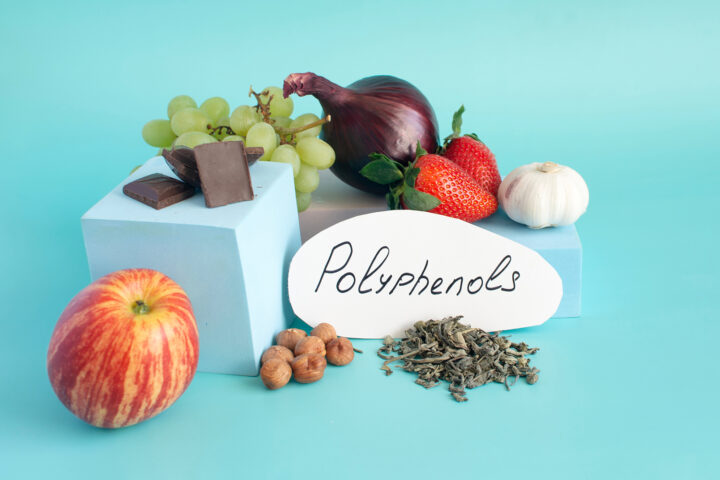Ginger, a fiery root with a distinctive bite, is not only a staple in culinary traditions around the world but also a centuries-old remedy in various traditional medicines. Its sharp aroma and pungent flavor make it a popular ingredient in dishes and teas, but it is its potential health benefits that have caught the attention of modern science.
History of Ginger
Ginger, or Zingiber officinale, originates from Southeast Asia and is part of the Zingiberaceae family, sharing its lineage with turmeric, cardamom, and galangal. This knobby root was first cultivated in ancient China and India where it was prized for its medicinal properties. From there, it spread to other parts of Asia, the Spice Islands, and eventually to the New World in the 16th century. Today, ginger is grown in many countries, but the largest producers are India, China, and Indonesia.
Health Benefits
The potential health benefits of ginger are vast and supported by both historical usage and modern research. It is perhaps best known for its effectiveness in alleviating gastrointestinal distress. Ginger is considered highly beneficial in managing nausea and vomiting related to pregnancy, motion sickness, and even chemotherapy. It is also used to aid digestion and reduce bloating due to its carminative properties, which help in expelling gas from the digestive system.
Emerging Research
Recent studies have also pointed to ginger’s role in managing inflammation, particularly in autoimmune conditions. Research conducted at the University of Michigan suggests that ginger supplements may help reduce inflammation markers in people with conditions like lupus. This is primarily due to ginger’s active compounds, such as gingerols and shogaols, which have anti-inflammatory and antioxidant properties. These compounds are believed to inhibit the synthesis of pro-inflammatory cytokines, which are proteins that play a key role in the inflammatory process. Although more research is needed to fully understand the extent of ginger’s benefits in autoimmune therapy, these findings are promising for those seeking natural management strategies for inflammation-related conditions.
Eating More Ginger
Incorporating ginger into your diet is quite easy and can be done in a variety of delicious ways. Fresh ginger can be juiced or grated into smoothies, teas, and soups to provide a zesty flavor. Ginger powder works well in baking and spice blends, adding a warm, spicy kick to dishes. For those on the go, candied ginger is a great snack option, and ginger supplements are available for those looking for a more concentrated form of this versatile root.
The Takeaway
Ginger is not only a flavorful addition to food and drinks but also a potent herbal remedy with a host of potential health benefits. From aiding digestion and nausea relief to reducing inflammation in autoimmune diseases, ginger continues to be a focus of both culinary and medical interest. As research unfolds, the therapeutic scope of ginger is likely to expand, further cementing its status as a powerful and beneficial natural remedy in the global pantry.













